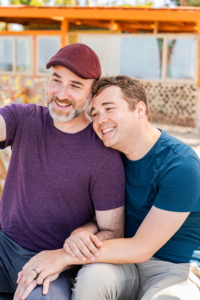A Reflection on Shavuot by Rabbi Andy Kastner
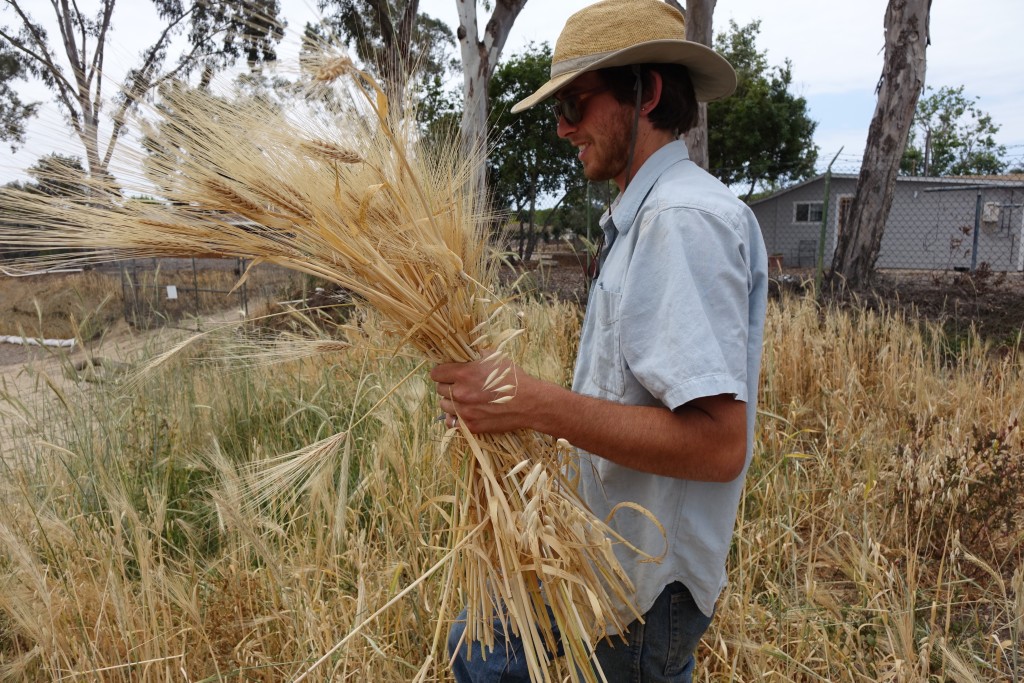
When I reflect on a holiday, there is a mantra I employ: What is this holiday asking and what is it awakening within me?
Shavuot is the second of three annual agricultural festivals in the Jewish calendar. Agriculturally, the holiday celebrates the wheat harvest and the concluding festival of the grain harvest in Israel.
Historically, the holiday included bringing the first fruits, called Bikkurim, from Israel to Jerusalem in celebration and offering.
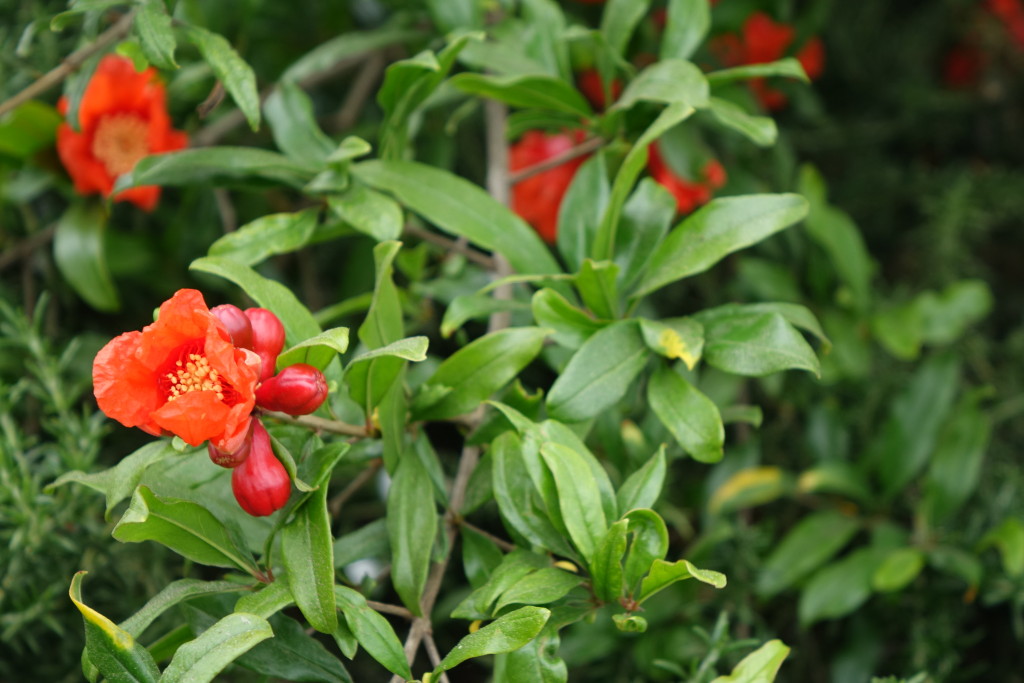
If we look back, Shavuot was a time of feasting and celebrating the abundance of the harvest. It was an experiential and experimental celebration with a parade of music, festivities, and offerings revolving around the celebration in Jerusalem.
When the Temple in Jerusalem was destroyed, Jewish tradition needed to adapt and develop new approaches to experience Shavuot.
One of those ways was storytelling.
The Book of Ruth is a text in the Jewish tradition that could be weaved with the Shavout narrative, as it also focuses on sharing the harvest.
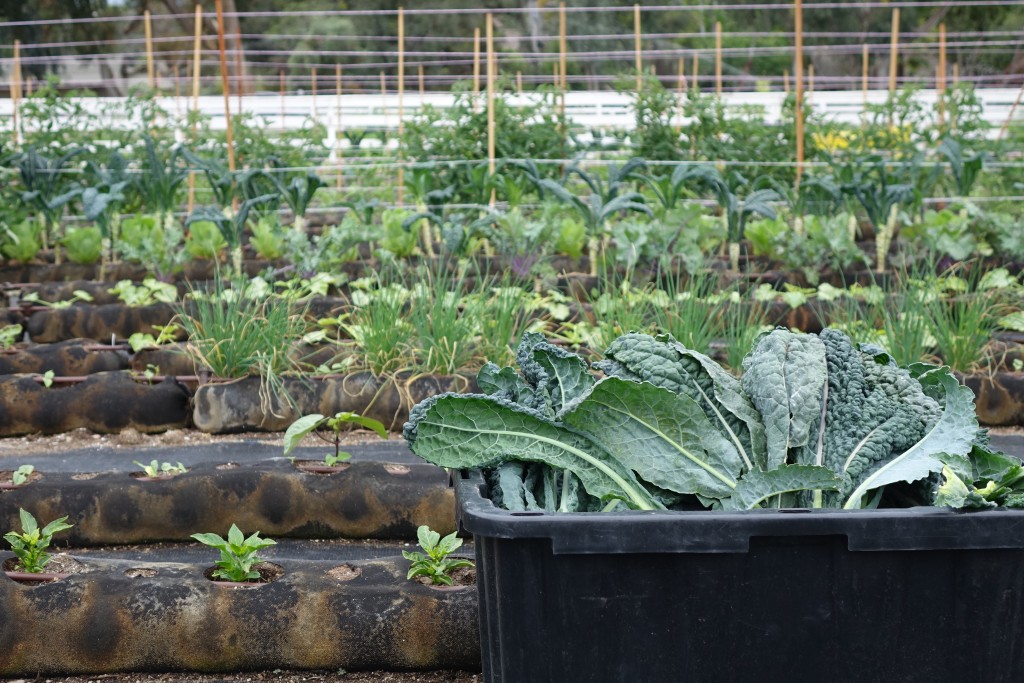
When I ask myself what this holiday is asking from me, I am reminded of Rabbi Shlomo Carlebach’s words: every holiday comes to remind us of values and behaviors that we are at risk of forgetting.
So what are we forgetting?
The story of Ruth reminds us that the way in which we harvest communicates something about our values and engagement with community. Ruth records the agricultural practice of gleaning, also known as leket. Leket is the idea that part of the harvest includes supporting those who are vulnerable in our midst, not merely through providing food, but by enabling those who do not have land to harvest food for themselves with dignity.
When we view Shavuot through this lens, we are reminded to celebrate our harvest with a dual consciousness – gratitude for abundance and a sensitivity to share with those who do not have. In this, we are asked to transform our Shavuot feast into a communal experience.
Happy Shavout!
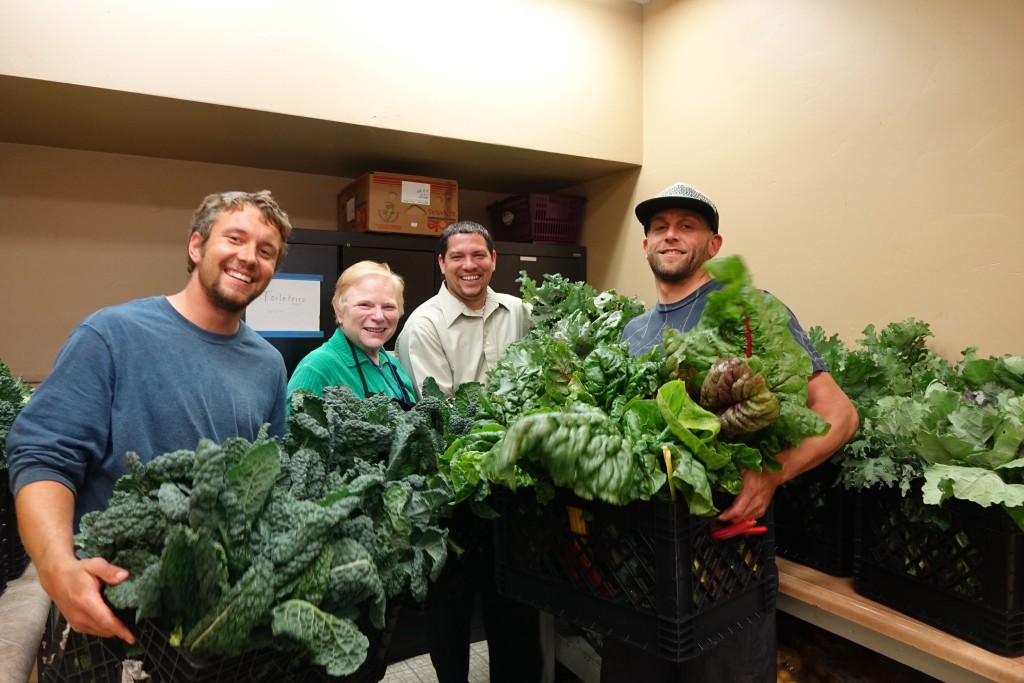
Rabbi Andy Kastner is part teacher, part story-teller and part activist. Over the past decade, he has been drawing upon the values of Jewish wisdom to inform contemporary civic engagement. Andy’s interest in food justice stems from the belief that food is about relationships – connecting people, place and time.
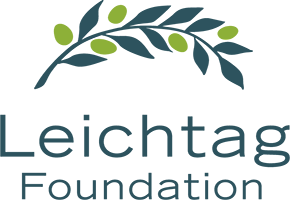
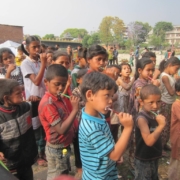
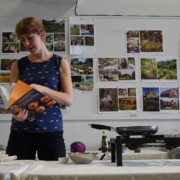
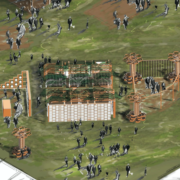
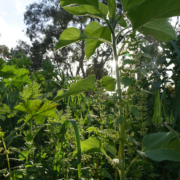

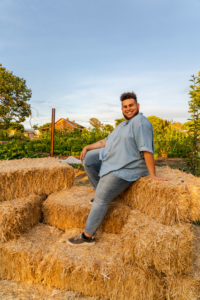 Black, Jewish and Queer. These three identities weave the fabric of who I am, but it took a long time to believe that they could exist together.
Black, Jewish and Queer. These three identities weave the fabric of who I am, but it took a long time to believe that they could exist together.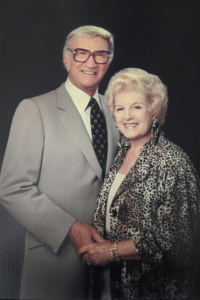 Lee and Toni Leichtag established the Leichtag Foundation in 1991 following the sale of their business. Lee and Toni were lifelong entrepreneurs with a passion for innovation and for supporting talent. They believed that only with big risk comes big reward. Both born to families in poverty, Toni to a single mother, they strongly believed in helping those most in need and most vulnerable in our community. While they supported many causes, their strongest support was for young children and the elderly, two demographics who particularly lack voice in our society.
Lee and Toni Leichtag established the Leichtag Foundation in 1991 following the sale of their business. Lee and Toni were lifelong entrepreneurs with a passion for innovation and for supporting talent. They believed that only with big risk comes big reward. Both born to families in poverty, Toni to a single mother, they strongly believed in helping those most in need and most vulnerable in our community. While they supported many causes, their strongest support was for young children and the elderly, two demographics who particularly lack voice in our society.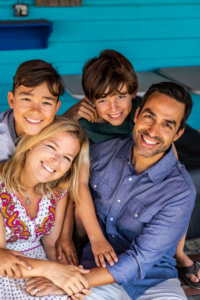 Lifelong Baltimoreans, Rabbi George and Alison Wielechowski and their sons, 11-year-old Lennon and 9-year-old Gideon, are more than pursuing the good life in Southern California. Having moved to San Diego more than three years ago, they are fulfilling a lifelong dream.
Lifelong Baltimoreans, Rabbi George and Alison Wielechowski and their sons, 11-year-old Lennon and 9-year-old Gideon, are more than pursuing the good life in Southern California. Having moved to San Diego more than three years ago, they are fulfilling a lifelong dream.
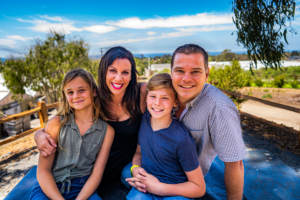
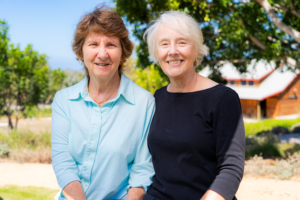

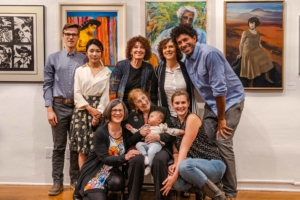
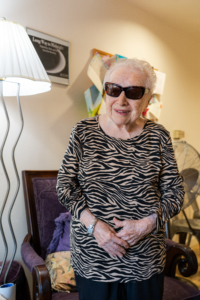
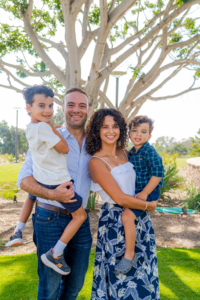
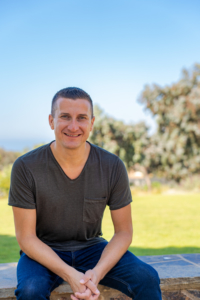 You would think that as the executive director of San Diego LGBT Pride, Fernando Zweifach López Jr., who uses the pronoun they, has done all the coming out they possibly can. A queer, non-binary individual who has worked for many years on civil rights issues, López also speaks openly and often about their father’s family, Mexican-American migrant workers who tilled the fields of rural California.
You would think that as the executive director of San Diego LGBT Pride, Fernando Zweifach López Jr., who uses the pronoun they, has done all the coming out they possibly can. A queer, non-binary individual who has worked for many years on civil rights issues, López also speaks openly and often about their father’s family, Mexican-American migrant workers who tilled the fields of rural California.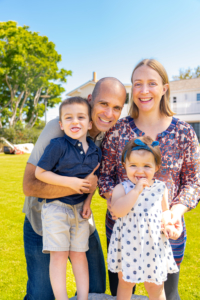 Stacie and Jeff Cook understand commitment. They live it.
Stacie and Jeff Cook understand commitment. They live it.